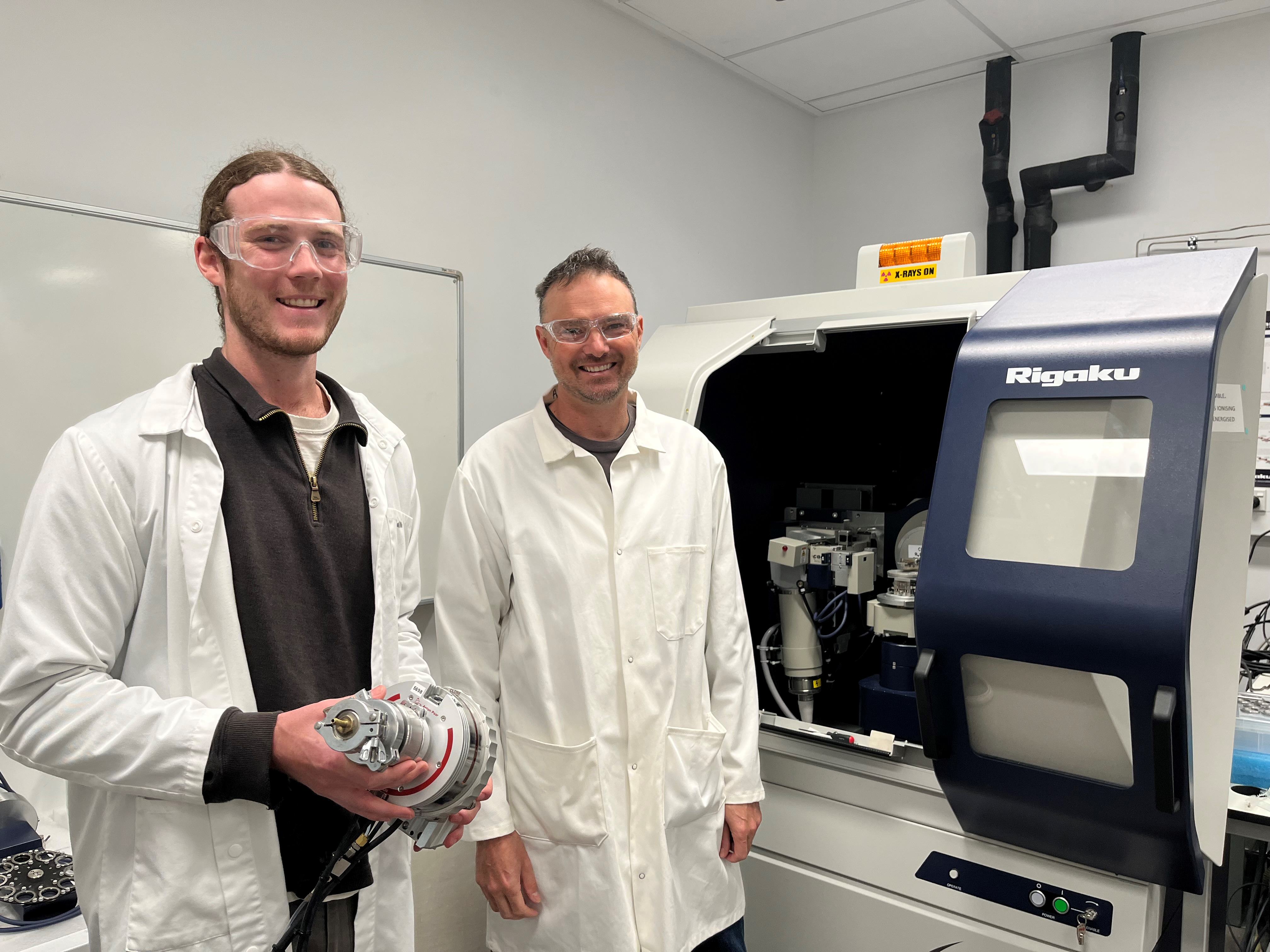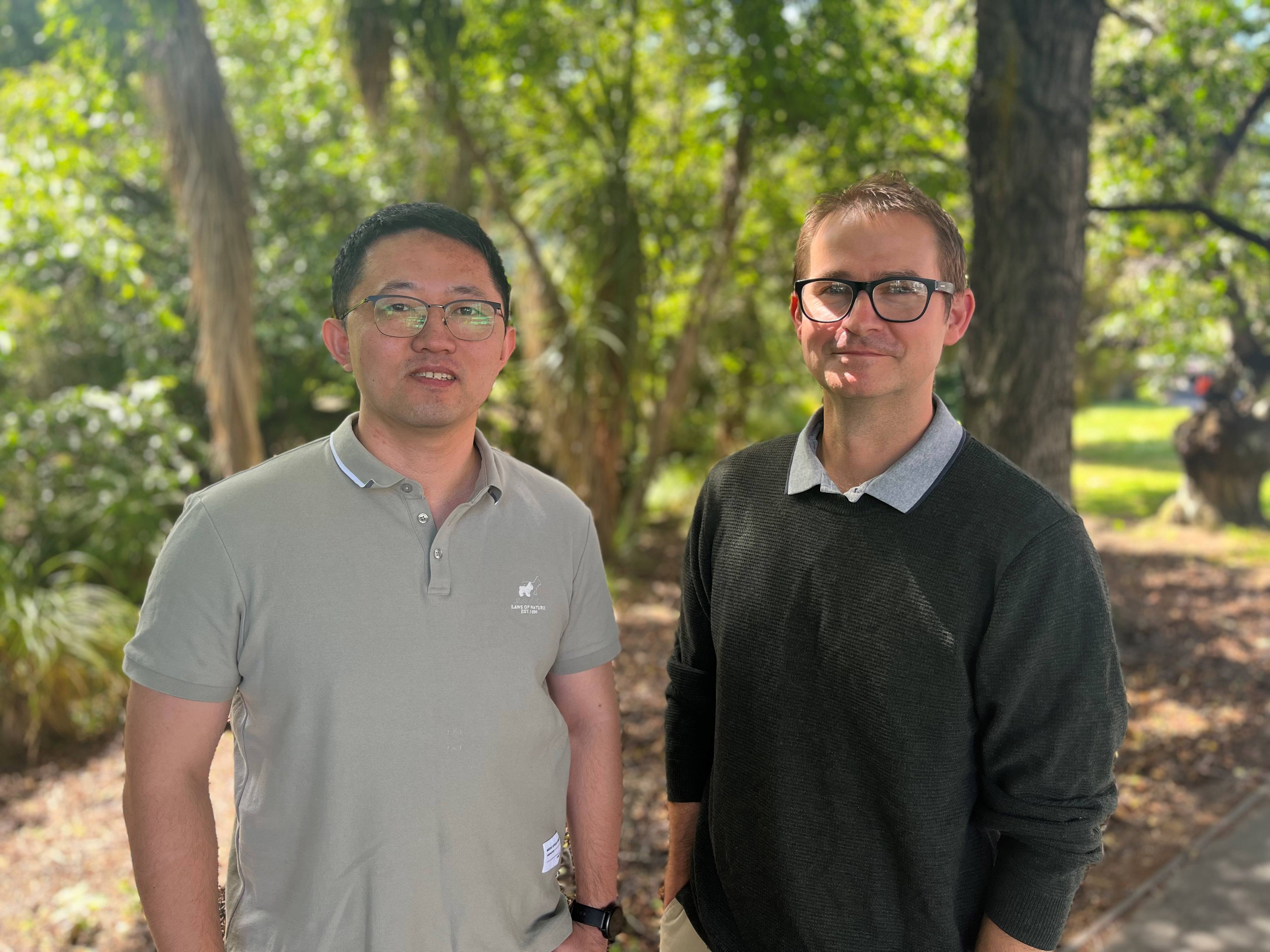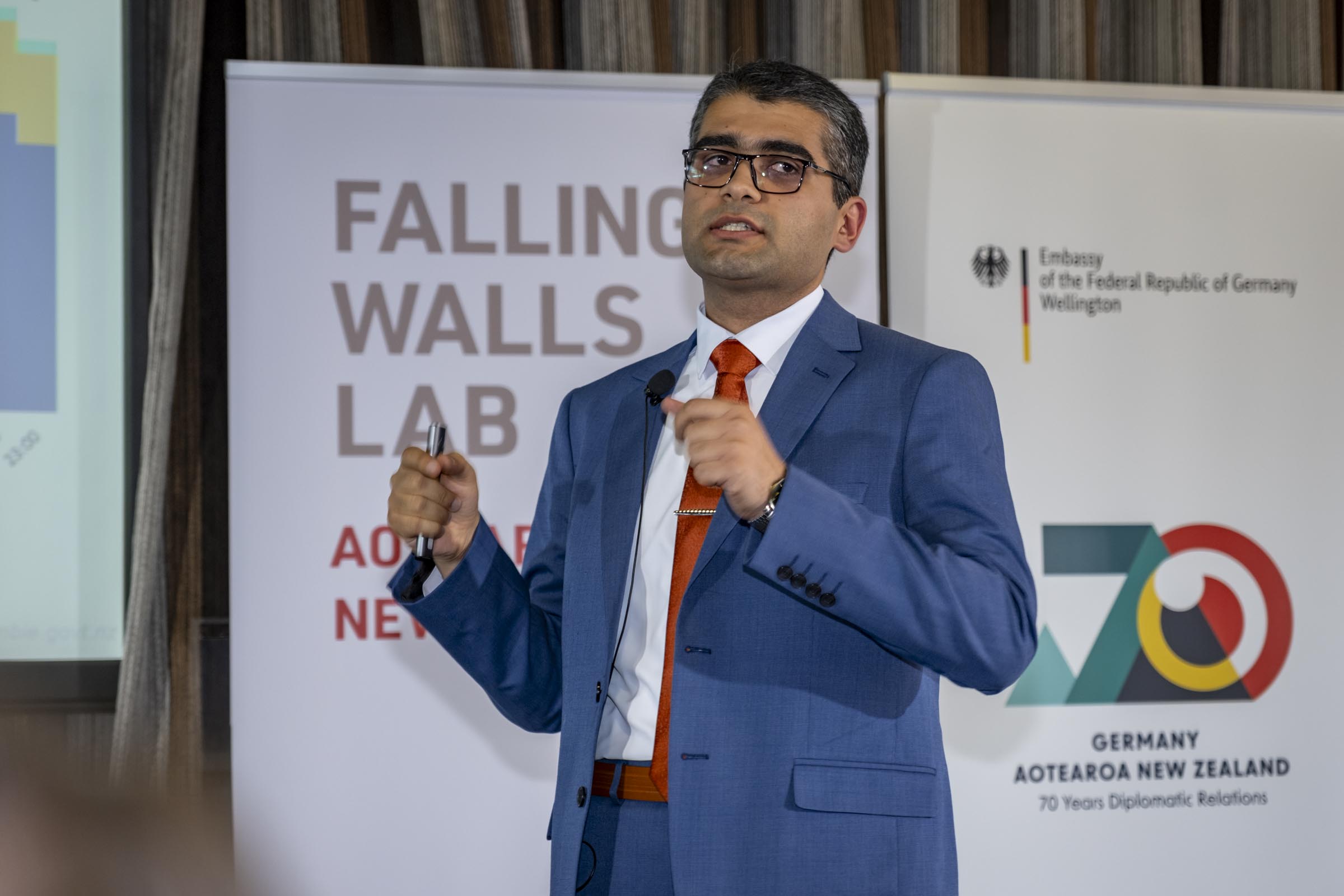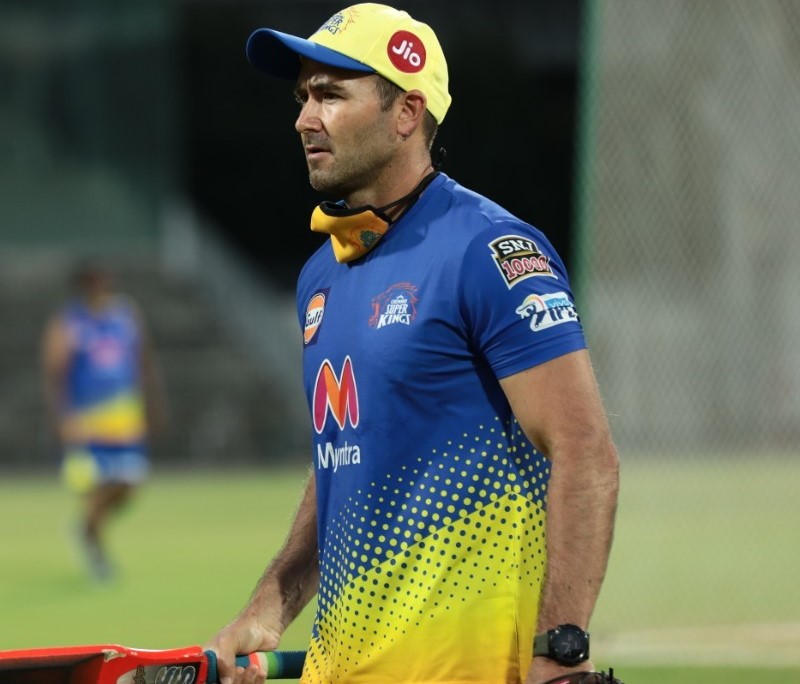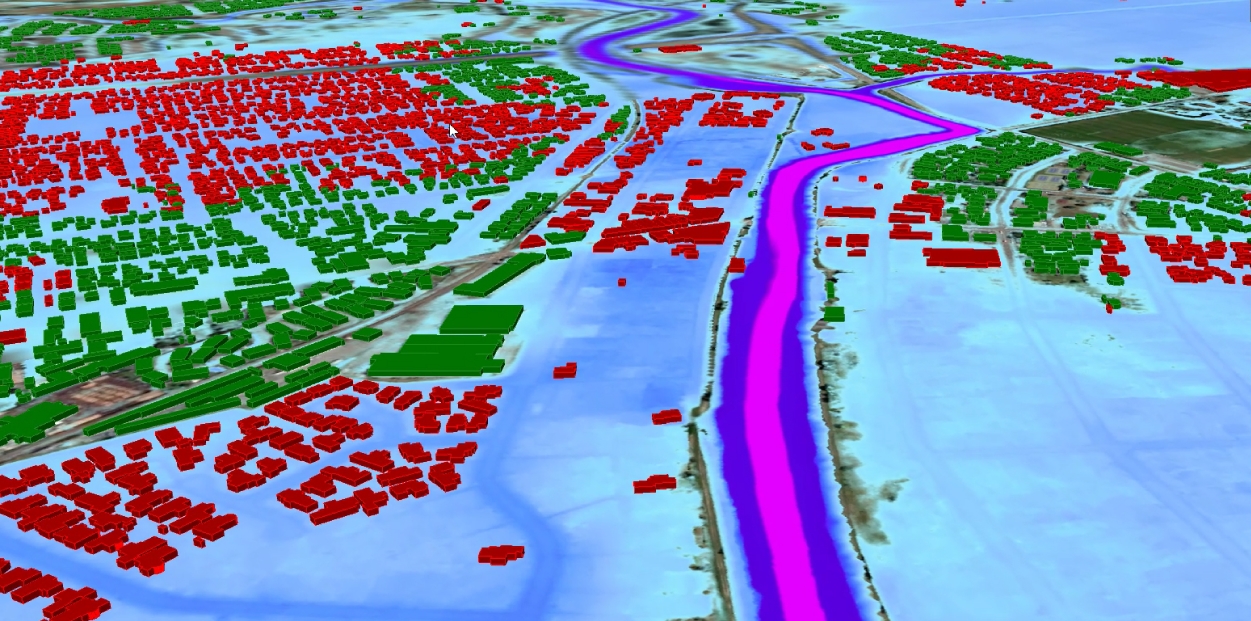Professor Letitia Fickel and Senior Research Fellow Amanda Denston present findings from a promising new pilot programme at the Child Well-being Research symposium at UC on 9 April.
“We have had many decades where our focus in schools was more narrow, mainly concerned with intellectual or cognitive aspects, and related skills of learning and development. We lost that holistic view of the child or youth. Now we find ourselves at this juncture where we see significant declines in our youth in terms of socio-emotional wellbeing,” Professor Fickel says.
Aotearoa New Zealand scores poorly in social-emotional well-being (SEW) in youth; in fact we rate 35 out of 41 countries, with outcomes lower again for Māori and Pasifika youth. This is in a context of international concern about low levels of well-being in our youth and difficulties that are appearing earlier in childhood.
So why is SEW so important in education? “Emotions are intimately tied to our ability to learn,” Professor Fickel explains. “And beyond learning, if we can’t self-regulate to engage with others in a positive way, then life will be a bit harder for us. When there are gaps in socio-emotional well-being, and associated knowledge and skills, such as understandings around emotions and self-regulation, these can compound in adolescence when other risk factors emerge, which makes for a young person who is quite vulnerable.”
The importance of SEW has gained awareness internationally, however in schools the focus tends to be on individuals and on the use of programmes, reflecting the prevailing concerns of Western culture. Professor Fickel says this approach doesn’t work for Aotearoa New Zealand.
“SEW is an area we must give more attention to, but we must do that in a way that takes into account the cultural diversity of our tamariki and their whānau,” she says, “this reflects the idea that tamariki do not walk in to the classroom on their own”.
“To do that, we must ensure that each child has a nurturing, culturally and linguistically responsive, and enriching schooling experience, where they feel a sense of belonging and affirmation for their whole selves.”
The researchers are developing their theories with a pilot programme in two schools in Otautahi Christchurch, Hornby Primary and Hornby High School. They have collected data during multiple time points in a child’s growth – twice in 2019 and three times in 2020 – from children from years 4 to 10, teachers and parents, with a focus on cross-cultural understandings of SEW.
“The survey data from the tamariki supported the teachers’ perceptions that tamariki were experiencing difficulties with peers and had low levels of pro-social skills.
“Our research group from UC and Otago University, with teachers and school leaders from the schools, is responding to this gap by developing a framework for socio-emotional well-being that is culturally and linguistically responsive.”
Funded by a Teaching and Learning Research Initiative (TLRI) grant, the team will develop a guidebook for socio-emotional learning (SEL) in schools, which will include strategies that can be used in the classroom, and resources for engaging with different groups such as teachers, family, hapū and iwi.
As a former classroom teacher and now university academic (and Pro-Vice Chancellor of UC’s College of Education, Health and Human Development), Professor Fickel’s passion is for creating and enabling more equitable and inclusive educational contexts and outcomes. “I see education as a social good, not just an individual good; it is about creating a better future for us all by ensuring we benefit from the unique talents and gifts of all of our tamariki.
“It’s not about managing children’s behaviour, it is about children’s growth, identity and belonging. Teachers play an important role in developing and responding to socio-emotional learning and wellbeing in students. We want to support them to develop the understanding and practices to enable them to do this in culturally and linguistically responsive and sustaining ways.”
The Child Well-being Research Symposium programme runs from 8 to 9 April at UC, with keynote speeches by Honourable Judge Andrew Becroft Children’s Commissioner Glenis Philip-Barbara Assistant Māori Commissioner, and presentations by experts in children’s nutrition, sleep, language development and much more. View the programme here.


